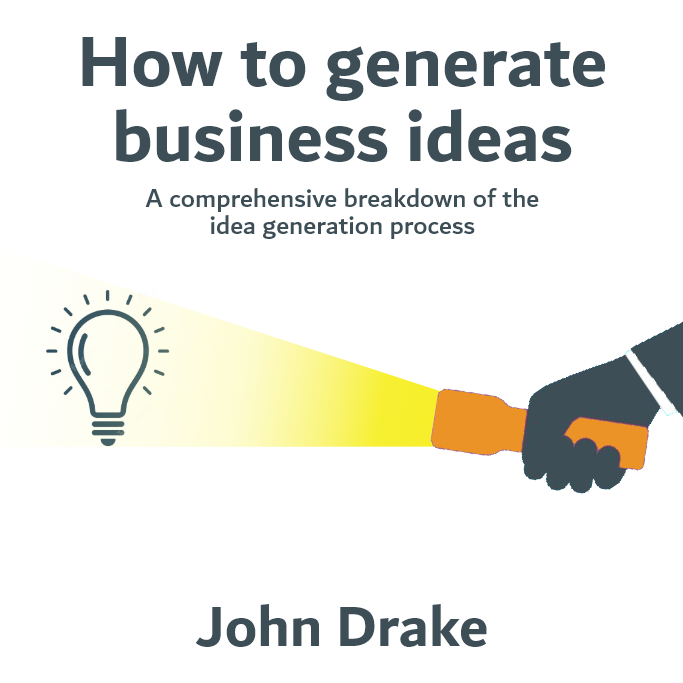
Introduction
There are two types of problems in life. The problem of having problems, and the problem of having no problems. Having a problem is straight forward; you know where you need to go, it’s just a matter of finding the right path there. If you fail, you learn and try again. But in having no problems and thus no direction, you are left without purpose.
Living without purpose leads to fate making all your decisions. Raining outside? don’t go out. Feeling bored? take out your phone. You drift through life in a state of perpetual distraction, fulfilling every impulsive desire now, and treating tomorrow as someone else’s problem. Realising the path of least resistance is leading to a life of misery and regret, we take charge of our destiny and proceed with force, irrespective of our short term, primordial desires.
Human beings are fundamentally driven to pursue meaning. Our self-worth is closely tied to our ability to produce value and help others. So we work harder at our jobs, take on side projects, and help others to elevate our stature and wealth. However, there’s only so much our day job can offer us. The potential return on our investment is capped, meaning you could be the most productive worker in the office and not be equally rewarded for it. Therefore, many turn to starting their own business with the prospect of uncapped rewards for thier efforts.
*****
Generating a business idea is actually very easy. Simply look at any business in existence, choose to compete against them and voilà. You might be thinking “yeah I get it, but there’s 100 reasons why that won’t work”. No problem, but this is where the real problem begins, now our business needs to fit a criteria. The first criteria it goes without saying, is that it needs to make sense. This is great because now we’re being strategic before we invest any serious time and money. However the tighter our criteria (budget, industry, time, skills etc), the harder it becomes to find an idea. This can be incredibly frustrating if we desperately want to start a business, but obviously want to be smart about it.
This is why this book was written. This book provides a full breakdown of all contributing factors to generating business ideas. These includes the person generating the ideas, their exposure to new information, and basic principles to assess the quality of your ideas before digging deeper into your research.
I hope you gain some insight from this book and I wish you the best of luck in your future endeavours and entrepreneurial goals.
Context
The main problem when generating ideas is inadequate knowledge and life experience. You need these to inform your perspective, which is needed to spot opportunities that appeal to your expertise. Acquiring perspective is about trial and error, but by understanding what goes into the idea discovery process, we can analyse what areas we excel in, are worse at, and where we need to work on.
Idea generation is about joining one piece of information with another to create something new. You might know a lot about electric cars for example, and a bit about children’s toys, but there must be an event that triggers you to put the two together and think: “Omg, I could make RC electric cars!” We then think “why didn’t I think of that before! it’s so obvious!” Well, the reason is your mind never made the connect between those two nodes of information. This can happen for a whole host of reasons which we will get into. An example being you see an advertisement on the TV just when you’re searching for a new business idea, giving you the inspiration you need. This is why through understanding yourself, your knowledge, and expertise, we can try to induce situations like this, putting luck on our side.
Fundamentally, you can break down idea generation into two main categories: the individual, and exposure to information. The individual’s ability to generate ideas is dependent on factors like personality, intelligence, and circumstances, which impacts how ones mind works. Depending on these factors, you may be more or less successful in certain endeavours. Extroverts for example, will have more success building relationships with potential business partners, while introverts may need to work harder to develop these same connections. This will be the topic of chapter one.
Chapter two focuses on exposure to new information. In your current state, you may have the basis of several great ideas, but your only problem is that you haven’t joined the dots. When we learn something new, it either adds to or contradicts our existing knowledge. However some information under the right conditions, uncovers how previously irrelevant knowledge could become relevant towards a specific goal. This is called inspiration or enlightenment, and the more information we’re exposed to the higher the chance of this happening. This is the topic for chapter two.
Finally, assuming you have an idea of your own, you now need to sense check it against a criteria to ensure it has shot at being a successful business. This chapter goes over the basic principles and thought exercises to help you validate your idea before giving it any serious consideration and investment.
*****
If you enjoyed the first two pages of this book and would like to read the next 18, you can find it at the following link: jddrake.gumroad.com/l/HowtoGenerateBusinessIdeas
If you are pushed for time, Jacque Fresco delivered a powerful lecture in 1999 that summarises a lot of the points made in this book, which can be found here: youtube.com/watch?v=Fb_bTUJp39o
Thank you.